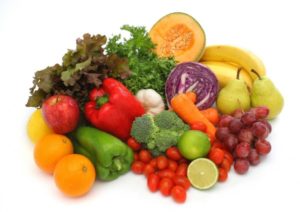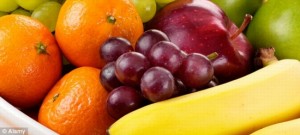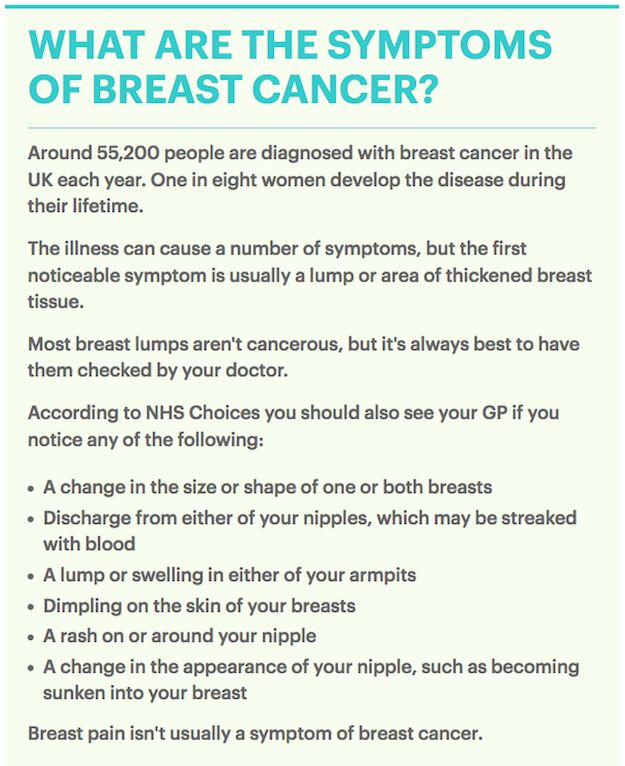 Women who eat at least five portions of fruit and vegetables each day can reduce their risk of breast cancer, a study claims.
Women who eat at least five portions of fruit and vegetables each day can reduce their risk of breast cancer, a study claims.
Scientists found women who stick to the official nutrition guidelines have an 11 per cent lower chance of getting the disease.
Broccoli, Brussels sprouts, carrots and yellow peppers all produced the strongest effects, researchers claimed.
Harvard University researchers analysed data from 182,000 women over 37 years to make the conclusion.
Participants completed dietary questionnaires every four years, which scientists then compared to the risk of diagnosis.
Data on other risk factors such as age, weight, smoking status, and family cancer history were taken from biennial questionnaire.
Researchers compared the risk of cancer between women who ate 5.5 servings of fruit and veg a day, compared to those who had less than 2.5.
A serving was defined as eight ounces of raw leafy vegetables, four ounces of cooked vegetables, or three ounces of chopped or cooked fruits.
 They found women who ate at least 5.5 servings of fruit and veg each day had an 11 per cent lower risk of getting breast cancer.
They found women who ate at least 5.5 servings of fruit and veg each day had an 11 per cent lower risk of getting breast cancer.
Orange and yellow vegetables as well as leafy cruciferous varieties from cabbage to cauliflowers were the most beneficial.
Higher consumption of fruit and veg was especially linked with a reduced risk of the deadliest ER-negative and HER2-enriched tumours.
Many women – as well as men and children – struggle to eat the five a day (400g) recommended by the World Health Organisation.
Figures suggest just one in three people in the UK eat enough, despite campaigns in recent years to change the trend.
Dr Maryam Farvid led the research of the data stretching back to the 1980s. It was published in the International Journal of Cancer.
She said the results provide the ‘most complete picture’ of the importance of eating five servings of fruit and veg a day to prevent breast cancer.
Previous studies that have found a similar link have been ‘limited in power’, especially for naming certain foods, Dr Farvid added.
Scientists have long thought it was fibre content in fruit and veg that formed a guard against cancer cells.
But the new research found the most effective foods had other properties independent of fibre content.
In particular, they were rich in antioxidants and other micronutrients, said Dr Farvid.
Dr Heather Eliassen, study co-author, added: ’Our results may provide further impetus for women to increase their intake of fruits and vegetables.
Written by Bruna Tomsic and published by The Daily Mail ~ July 20, 2018

